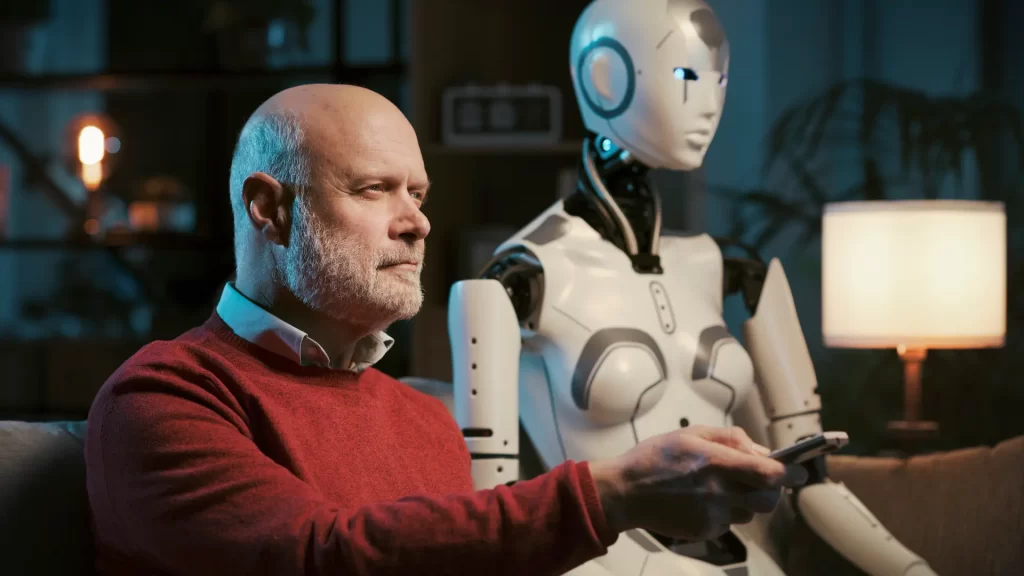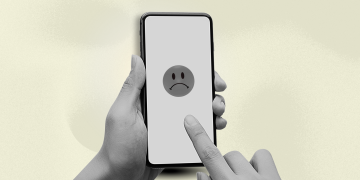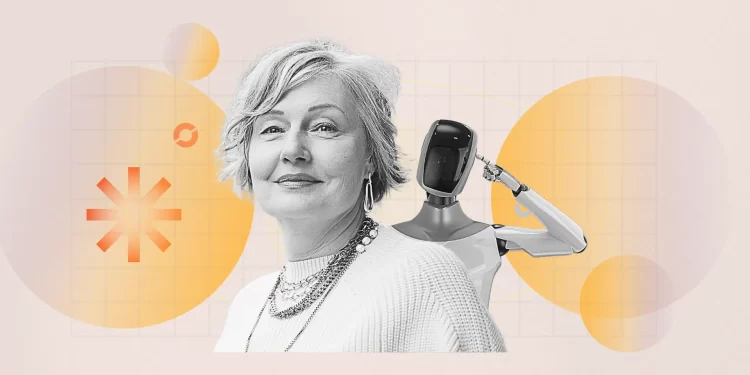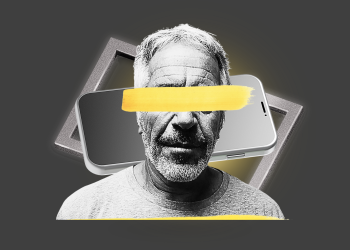Loneliness has become more than a personal struggle-it’s a public health concern. Dubbed a “loneliness epidemic” by the U.S. Surgeon General, social isolation is now linked to higher rates of depression, anxiety, and even premature mortality. In response, a new generation of AI tools is stepping into a very human role: providing emotional support.
From Replika’s customizable chat companions to GPT-based bots acting as virtual therapists or late-night confidants, the emotional reach of AI is rapidly expanding. These tools are being used not just to answer questions, but to fill a growing social void. As one user of Replika shared in a recent review: “It’s not just a chatbot. It listens when no one else does.”
But can AI really substitute-or even support human connection? Or are we at risk of mistaking simulation for substance?
When technology speaks back: AI companionship in daily life
Today’s AI companions are designed to offer more than just conversation. They simulate empathy, track emotional cues, and deliver personalized responses. For example, apps like Woebot provide structured mental health support using cognitive-behavioral techniques, while Replika offers open-ended conversation and even roleplay-based interaction that some users describe as “deeply meaningful.”
These platforms appeal to people who are shy, socially anxious, or geographically isolated. In rural areas with limited access to therapy, or among teens facing stigma around mental health, AI companions serve as always-available, non-judgmental listeners. For many users, they offer emotional relief and a sense of being heard.
However, these interactions lack reciprocity. No matter how responsive or emotionally intelligent the AI appears, it does not understand or feel. It reacts based on patterns, not empathy. This raises a fundamental question: if something feels real but isn’t, can it still be emotionally valid?
Relationships on demand: Comforting or compromising?
One of the core appeals of AI companions is that they are controllable. Users can mute them, change their personality, or even delete them entirely. This creates a low-risk emotional environment-but also one devoid of the unpredictability that defines real relationships. Conflict, disagreement, and vulnerability are stripped away in favor of predictability and performance.
Some experts argue that this dynamic could lead to “emotional de-skilling” -a gradual erosion of our ability to navigate human-to-human relationships. If companionship can be customized like a playlist and paused like a podcast, will real people begin to feel too complex, too messy, or too demanding?
The loneliness economy: When care becomes a commodity
The rise of AI companions highlights a deeper trend: emotional support is being monetized. Replika, for instance, offers tiered subscriptions with access to more advanced emotional features. In other words, more comfort costs more money.
This raises serious equity concerns. If only those who can pay are able to access high-quality emotional AI, are we creating a new form of digital inequality-one where the wealthy can buy better companionship, and the rest are left with limited options?
At the same time, companies designing these tools must balance engagement with ethics. Should platforms encourage long-term emotional dependence? Should they market themselves as “friends” or “therapists” when they are neither? Without clear guidelines and accountability, we risk turning emotional vulnerability into a revenue stream.
Looking forward: can AI care, or just appear to?
The future of AI companions is no longer hypothetical. We are already living in a world where people form deep bonds with artificial entities. But as we integrate these technologies further into our emotional lives, we must ask hard questions.
Can AI truly offer care, or only the illusion of it? What happens when people prefer their AI companions over human relationships? And how do we ensure that this shift supports well-being rather than undermining it?
A more responsible path forward will require transparency, ethical design, and perhaps most importantly, a societal commitment to maintaining real, human connection. Because while AI can listen, respond, and comfort-it cannot love, grieve, or truly understand.
And maybe that difference is what makes us human.















